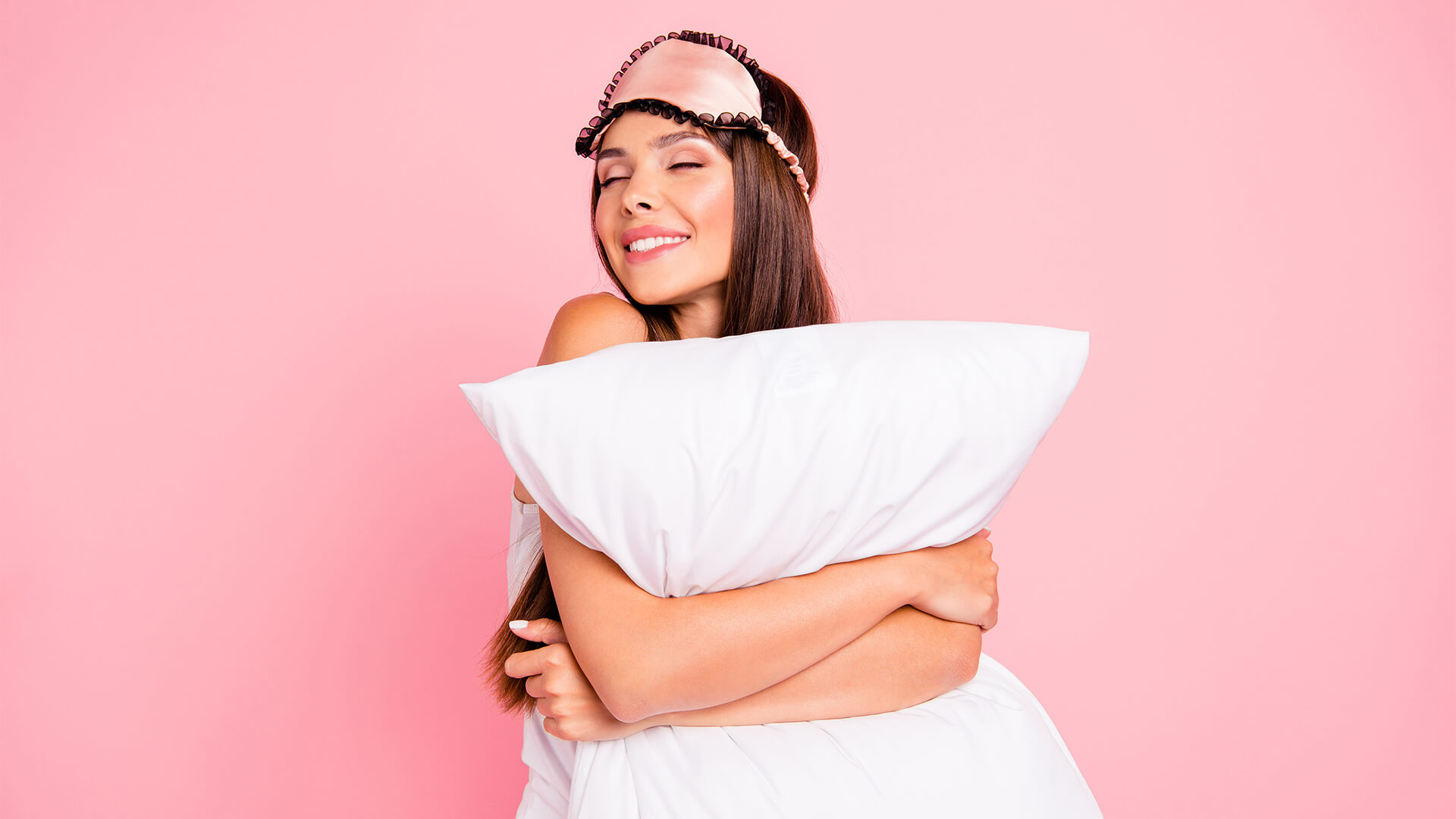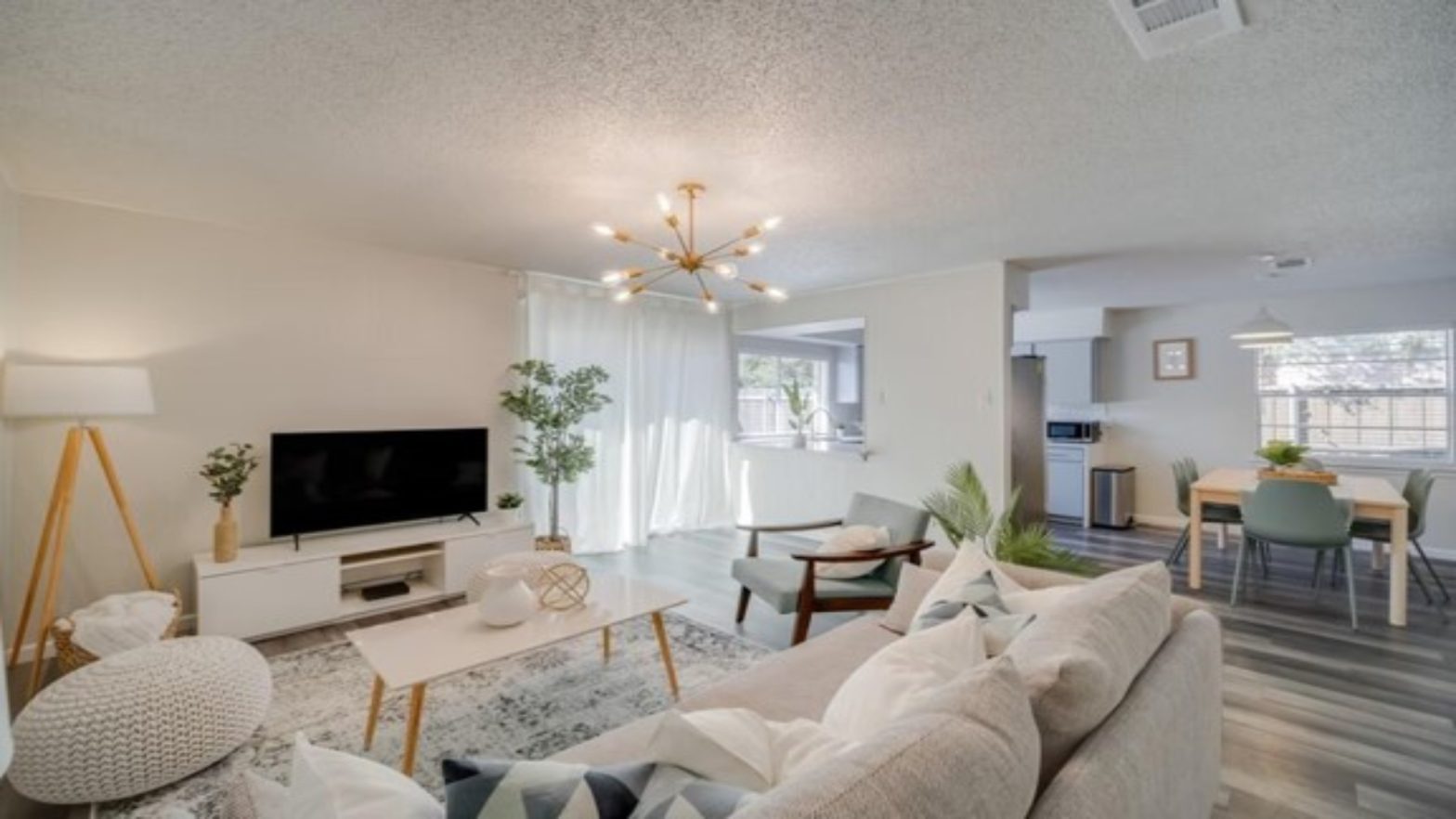
This will be a quick run-down of the ways in which sleep deprivation can affect your health, well-being, and physical attributes. It’s called beauty sleep for a reason, as without enough sleep, your body will begin to weaken and your stress hormones, immune system, appetite, cardiovascular health, and ability to fight infections will be negatively impacted.
How Can Sleep Deprivation Affect Me?
According to Dr. Micahel Twery, a sleep expert at News In Health, “Sleep affects almost every tissue in our bodies. It affects growth and stress hormones, our immune system, appetite, breathing, blood pressure, and cardiovascular health.”
How Can I Avoid These Negative Consequences?
First, get a good night’s sleep. Sleep really is the best medicine, and this is our first piece of advice.
However, we understand that getting to sleep can be hard for many people. So, we suggest you make your sleep environment as relaxing as possible. Start by investing in the most comfortable brand of mattress you can find, and buy bed linens that bring you comfort and joy. By making your bed as welcoming as possible, you are creating the perfect sleep environment.
Moreover, make sure you avoid screen time right before bed, that you don’t eat a big meal just before sleeping, and that you wind down before bed by reading, doing yoga, or meditating.
Let’s unpick in more detail how lack of sleep can negatively affect your physical appearance and health, and why a good night’s sleep is so important.
1. Stress Hormones
One of the first things you will notice when you don’t get enough sleep is that your stress levels will increase and you’ll become more irritable. Stress can affect your physical appearance by changing the proteins in your skin and reducing its elasticity. This loss of elasticity contributes to the formation of wrinkles.
2. Immune System
Another effect of sleep deprivation is a weakened immune system. Obviously, if your body is fighting off sickness, you will look more tired and pale in the face, and your posture is also likely to be affected. An overall weaker frame and appearance is normal when your immune system is struggling.
3. Appetite
Research shows that lack of sleep increases the risk of becoming obese and developing heart disease. Sleep deprivation can cause an increase in ghrelin levels, which is the hormone your stomach produces to tell your brain it is hungry. Moreover, it can cause a reduction in leptin levels, which is a hormone that helps your body maintain its normal weight on a long-term basis.
This imbalance in hormones created by lack of sleep can cause you to feel hungrier during the day, which naturally will result in weight gain.
4. Cardiovascular Health
Adults who sleep less than 7 hours a night are more likely to experience health problems like heart attacks, high blood pressure, and asthma. These health problems can raise the likelihood of developing heart disease or having a stroke.
5. Mental Health
Lack of sleep is also linked to depression and anxiety. Living with either or both of these serious conditions can have a huge impact on your overall well-being and ability to care for yourself.
Moreover, there is a growing awareness in the medical world that these psychological illnesses can have strong links to physical health, and might actually make people more susceptible to cardiovascular issues.
6. Infections
Sleep deprivation can decrease the body’s production of proteins known as cytokines. These proteins are crucial for controlling the growth and activity of immune system cells and blood cells.
Some cytokines need to increase in the body when you have an infection or inflammation, or when you’re under stress. A lack of these proteins can cause your body to be more susceptible to infectious diseases. Moreover, infection-fighting antibodies and cells are reduced when you don’t get sufficient sleep.
How Much Sleep Does Your Immune System need?
The optimal amount of sleep for adults, on average, is 7-8 hours of sound sleep each night. For teenagers, it is 9-10 hours of sleep and for school-aged children, it’s as high as 10 or more hours of sleep per night.
However, you should bear in mind that more sleep isn’t always better. An adult who sleeps more than 9-10 hours a night will likely experience poor-quality sleep, and difficulty falling or staying asleep.
Conclusion
This has been a brief guide to understanding why we need our beauty sleep and what the negative impacts of sleep deprivation can be. Your stress levels and immune system are directly linked to your sleep, as well as your appetite, cardiovascular health, and ability to fight infections. Clearly, all of these factors can have a negative impact on your physical appearance, and for this reason, sleep is a must for your health, well-being, and physical appearance.












































